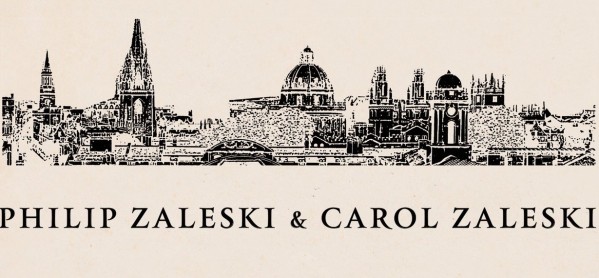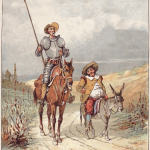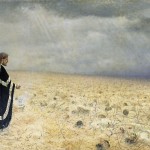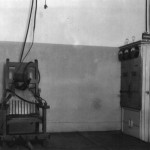AR: Could you please explain the difference between secondary and primary worlds? How are rich secondary worlds relevant to everyday concerns?
CZ: The primary world is the real world we live in, encompassing everything from atoms to angels. Secondary worlds are worlds devised by the mythopoeic imagination, in an act Tolkien called “subcreation.” We make, Tolkien said, because we are made in the image and likeness of a maker. This idea—first advanced by Coleridge in his discussion of the primary and secondary imagination in the Biografia Literaria and later articulated by Dorothy L.Sayers in The Mind of a Maker–gives classical Christian theological anthropology a decidedly Romantic spin.
Tolkien argued that the secondary worlds portrayed in mythopoeic fantasy literature refresh our powers of perception, provide respite from the horrors of the world without blinding us to the world’s needs, and console us with a glimpse of the “happy ending” (eucatastrophe, the sudden overturning of death and grief) for which all beings long. According to Tolkien, the happy ending characteristic of mythopoeic tales is nothing less than “the far-off gleam or echo of evangelium in the real world.”
Lewis, Barfield, and Williams shared Tolkien’s exalted view of the mythopoeic imagination, with Barfield emphasizing the power of poetry to recover the primordial unity of matter and spirit. Lewis thought that by writing fantasy fiction (The Space Trilogy, Narnia) he could “steal past” the “watchful dragons” of a dogmatically materialist and skeptical culture.
AR: What were the most surprising discoveries your research yielded? Can we expect any bombshells? If not that, then did you uncover any patterns quietly hiding in public knowledge about the Inklings?
PZ: There are many fine Inklings scholars working on all aspects of this subject matter, and every year new discoveries are made. Bombshells are unlikely, though; these authors had their quirks and failings, but their closets are notably skeleton-free. Our aim was to tell their story in as rich and lively a way as we could muster; to connect their patterns of thought to their patterns of life; and to give the neglected Inkling Owen Barfield his due.

















